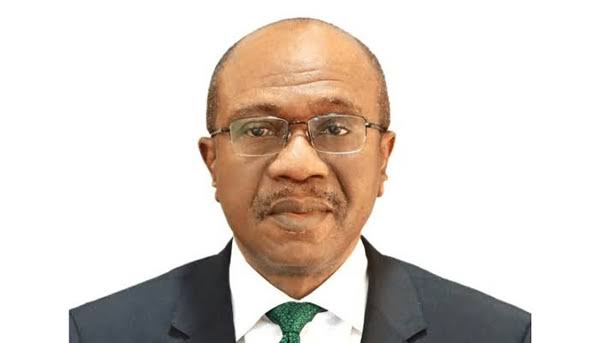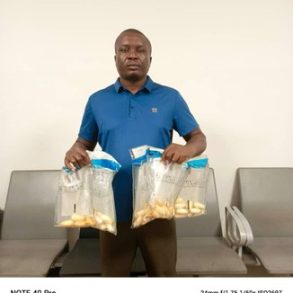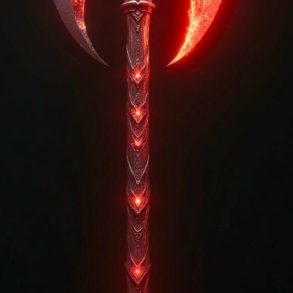Yesterday, President Bola Tinubu suspended Central Bank Governor Godwin Emefiele, a move believed to be linked to the ongoing probe initiated by the House of Representatives. Sources in Abuja disclosed that Emefiele has been prohibited from leaving the Federal Capital and may face investigation by the Department of State Services (DSS) for alleged involvement in terrorism financing. The House of Representatives’ inquiry into the activities of the Central Bank under Emefiele has revealed several questionable practices, prompting authorities to send him home pending a thorough investigation.
According to insiders, there is a substantial amount of information and evidence against Emefiele, making it necessary for him to step aside and allow for a proper examination of the allegations. One source familiar with the situation hinted that the ongoing investigation by the House of Representatives is just the beginning of what may unfold in the coming days.
The House’s ad hoc committee, responsible for investigating the alleged disappearance of 48 million barrels of Bonny Light crude oil, summoned Emefiele to provide details on the payment of N32.5 billion to two companies, GSCL Consulting and Bizplus, without proper records. The committee is also looking into a reported $200 million payment to these firms for consultancy services. During the investigative hearing, Mark Gbillah, chairman of the ad hoc committee, revealed that the CBN had paid N16.5 billion to each of the two companies on the same day, and the funds were withdrawn within two months. Gbillah emphasized the need for Nigerians to understand why the central bank made such payments, especially when the Attorney General of the Federation and Minister of Justice, Abubakar Malami, denied any knowledge of them.In the wake of his suspension, Emefiele finds himself confined to Abuja, unable to leave the city.
Reports suggest that the DSS might reopen its investigation into him for alleged involvement in terrorism financing. Furthermore, indications are that Emefiele may not return to his position as the CBN Governor. The Presidency opted for suspension rather than outright dismissal due to legal constraints. According to the CBN Act, Emefiele can only be removed by a two-thirds majority vote in the Senate, which will convene its 9th valedictory session.
It is rumored that influential forces had advised Emefiele to resign, but he dismissed these warnings, believing he could gain the confidence of the new government.Investigations indicate that Emefiele faces multiple pending allegations, with the DSS probe being of particular significance. During the previous administration of President Muhammadu Buhari, the DSS was not hindered from investigating Emefiele as it was considered a matter of national security. However, certain influential figures within the Presidency obstructed the investigation. With those obstacles now removed, it appears likely that the DSS will proceed with its probe, although there is no confirmation yet of Emefiele’s arrest.Regarding the possibility of Emefiele’s recall from suspension, a government source deems it remote. His suspension resembles the way former President Goodluck Jonathan’s administration removed former CBN Governor Sanusi Lamido Sanusi.
According to Section 11 of the CBN Act 2007, the President cannot unilaterally remove a CBN Governor, Deputy Governor, or director. The section stipulates that the removal of the Governor requires a two-thirds majority vote in the Senate. As the 9th Senate is holding its valedictory session, the legal advice given to President Tinubu was to suspend Emefiele.In conclusion, Emefiele’s suspension by President Tinubu is believed to be a consequence of the ongoing House of Representatives’ probe. The allegations and revelations surrounding the activities of the Central Bank under Emefiele have prompted authorities to take action. While Emefiele





